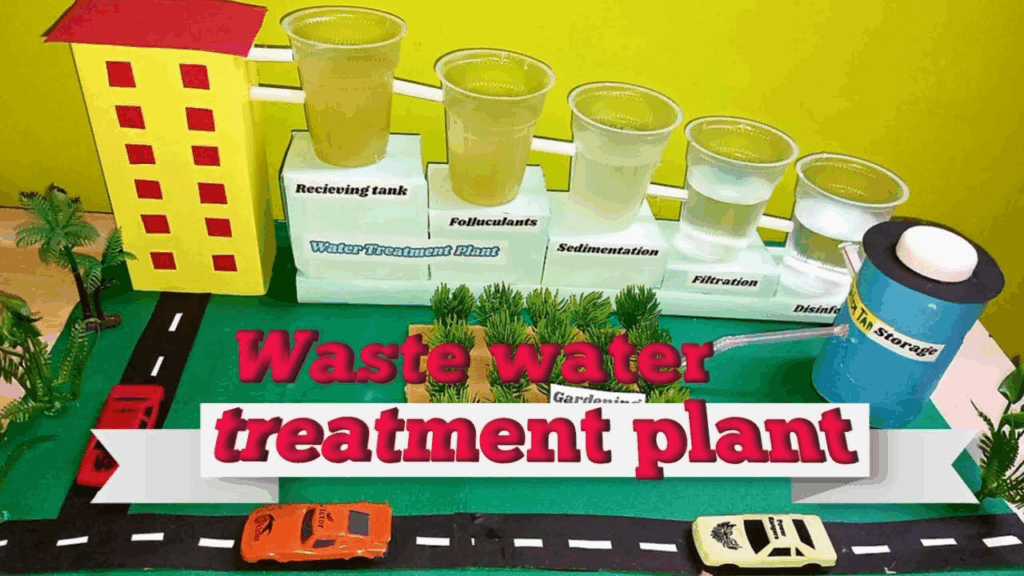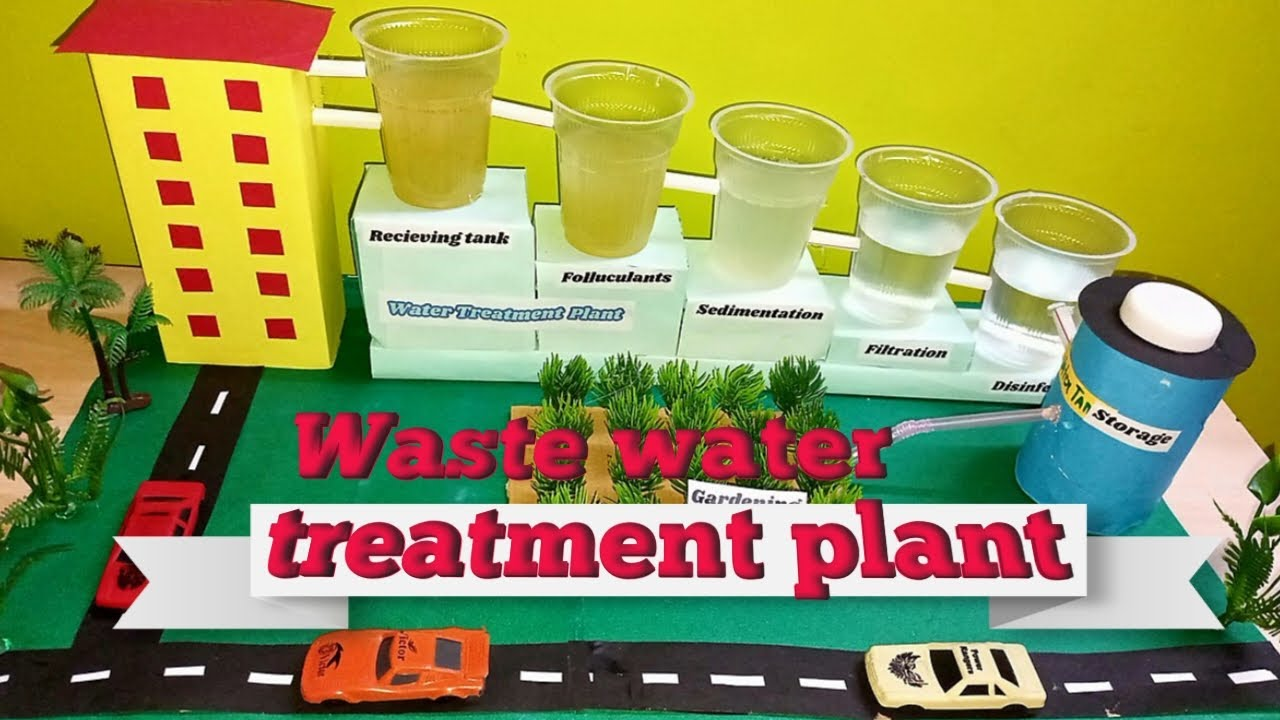
Educational institutions are among the largest consumers of water due to their vast campuses, high student populations, and continuous daily operations. From maintaining lush green landscapes to meeting restroom and laboratory needs, water demand in schools and universities is enormous. As water scarcity becomes a global challenge, recycled water offers a practical and sustainable solution.
This article explores how schools and universities can integrate reclaimed water into their systems, the benefits of doing so, and the best practices for implementation.
Why Recycled Water in Education Matters
- High consumption levels: Schools and universities operate like small towns, with dormitories, dining halls, research labs, and sports facilities consuming millions of liters annually.
- Educational opportunity: Using recycled water provides real-world sustainability lessons for students.
- Cost efficiency: Institutions can save money by reducing dependence on expensive potable water.
- Environmental stewardship: Encourages responsible water use and supports conservation goals.
Practical Uses of Recycled Water in Schools and Universities
1. Landscape Irrigation
Large lawns, gardens, and sports fields require significant water.
- Recycled water can keep campuses green without tapping into drinking water supplies.
- Many universities already use reclaimed water for turf irrigation, saving thousands of gallons daily.
2. Toilet Flushing
Restrooms account for a huge portion of water use in schools.
- Non-potable recycled water is ideal for flushing toilets and urinals.
- Dual-pipe systems can separate potable and non-potable water supplies.
3. Cooling Towers and HVAC Systems
Universities often rely on air-conditioning systems that consume large volumes of water.
- Treated recycled water can replace freshwater in cooling towers.
- This reduces energy costs and helps manage peak demand.
4. Laboratories and Research Facilities
Science labs use water for washing, cooling, and experimentation.
- Certain lab processes can safely use non-potable recycled water.
- For advanced labs, highly treated recycled water ensures purity standards.
5. Groundwater Recharge and Rainwater Blending
Some institutions invest in sustainable infrastructure projects.
- Recycled water can be injected into underground aquifers.
- Blended with rainwater harvesting, campuses can become nearly self-sufficient in water.
6. Educational Demonstrations and Student Projects
Recycled water isn’t just for utilities—it’s also a teaching tool.
- Schools can showcase on-campus water treatment plants as learning labs.
- Students gain hands-on knowledge about sustainability, engineering, and environmental science.
Benefits of Recycled Water in Educational Campuses
- Cost savings: Reduced water bills in the long run.
- Resilience: Provides reliable supply during droughts.
- Sustainability education: Instills water conservation values in students.
- Community leadership: Sets a visible example for nearby communities to follow.
Table: Applications of Recycled Water in Schools and Universities
| Use Case | Type of Recycled Water Needed | Impact |
|---|---|---|
| Landscape Irrigation | Non-potable treated water | Saves thousands of gallons daily |
| Toilet Flushing | Non-potable treated water | Cuts potable water demand significantly |
| Cooling Towers (HVAC) | High-quality reclaimed water | Reduces costs, energy-efficient cooling |
| Laboratories | Potable/advanced reclaimed water | Safe for sensitive research work |
| Groundwater Recharge | Advanced treated water | Enhances long-term sustainability |
| Student Projects | Demonstration-scale reuse | Hands-on sustainability learning |
Overview Table
| Challenge | Solution with Recycled Water | Result for Campuses |
|---|---|---|
| High irrigation demand | Use reclaimed water for lawns | Green campuses without waste |
| Restroom water waste | Flush toilets with recycled water | Major savings in potable water |
| Energy-heavy HVAC | Cooling towers use reclaimed water | Reduced bills and eco-friendly cooling |
| Lab water use | Use treated reclaimed water | Reliable supply for experiments |
| Student awareness | On-campus water reuse projects | Builds sustainability culture |
| Rising costs | Recycled water integration | Lower utility expenses long-term |
Real-World Examples
- University of California, Davis (USA): Uses recycled water for landscape irrigation and cooling systems, saving millions of gallons annually.
- National University of Singapore: Runs sustainability labs that demonstrate how recycled water is treated and reused.
- Australian Universities: Many campuses integrate recycled water into irrigation and toilet systems, showcasing innovation in arid climates.
Final Thoughts
Recycled water is more than just a utility—it’s a transformational resource for schools and universities. From reducing costs to fostering environmental leadership, institutions can become models of sustainability by integrating water reuse across their operations.
The combination of practical applications and educational opportunities makes reclaimed water a perfect fit for campuses striving to shape environmentally conscious citizens. As water scarcity grows, investing in recycled water today ensures resilient and future-ready educational institutions.
FAQs
Q1: Can students safely come into contact with recycled water?
Yes, non-potable recycled water used for irrigation or flushing is safe under strict standards and does not pose health risks.
Q2: Do schools need special infrastructure for water reuse?
Yes, dual-piping systems and treatment plants may be required, but they pay off with long-term savings.
Q3: How can recycled water benefit student learning?
It turns campuses into living laboratories where students learn sustainability through real-world applications.

